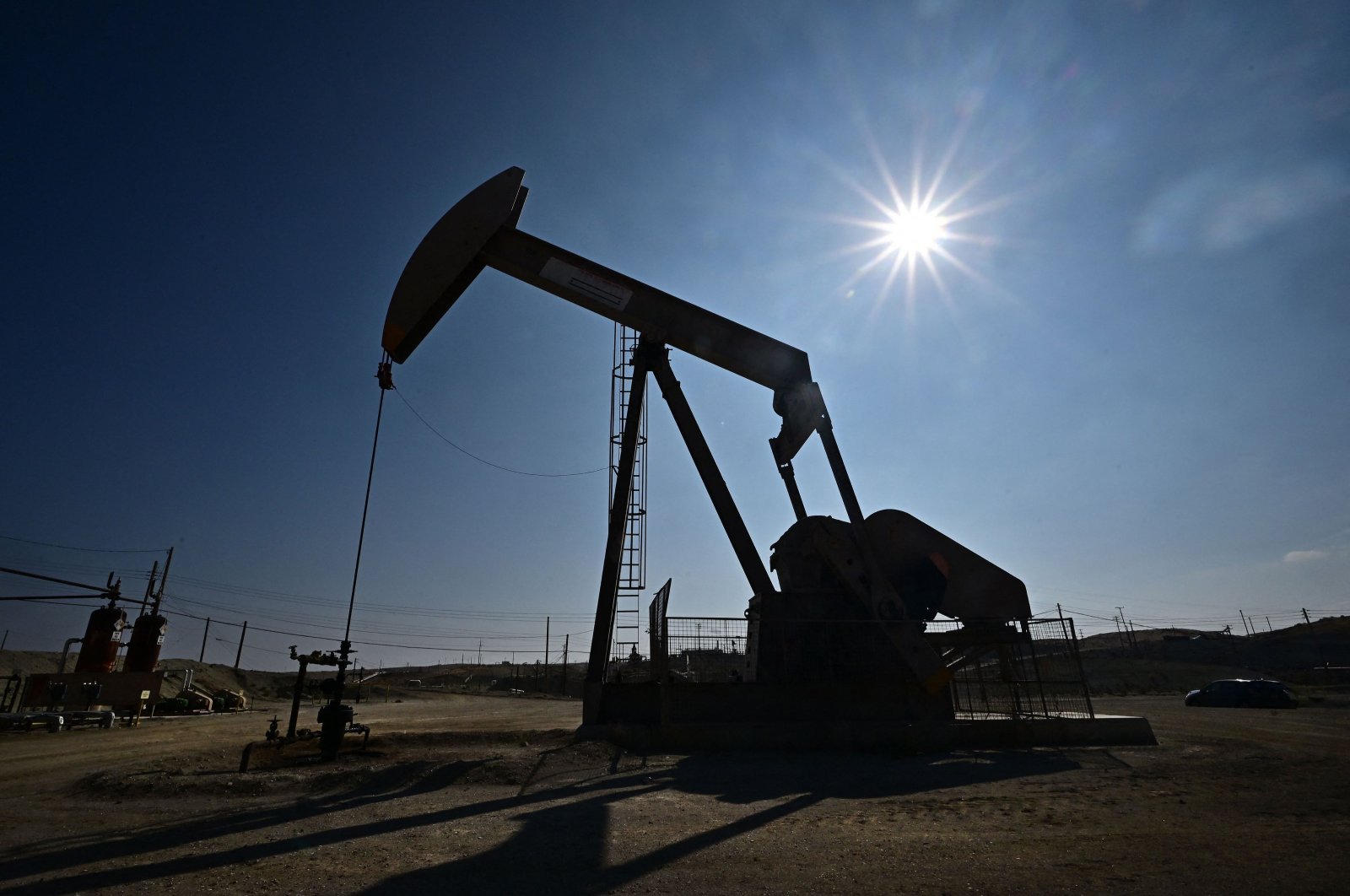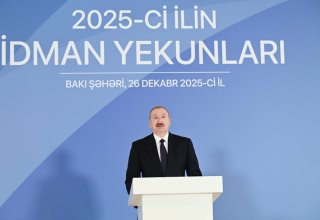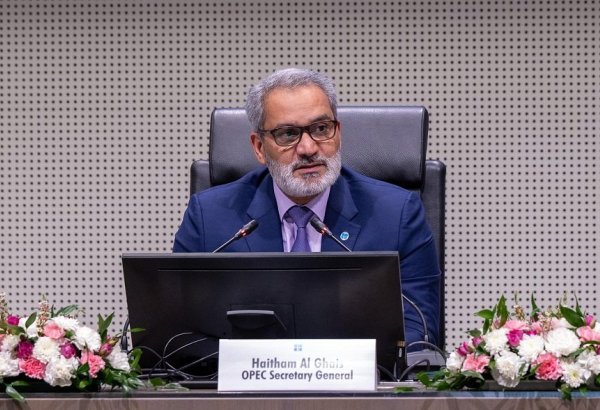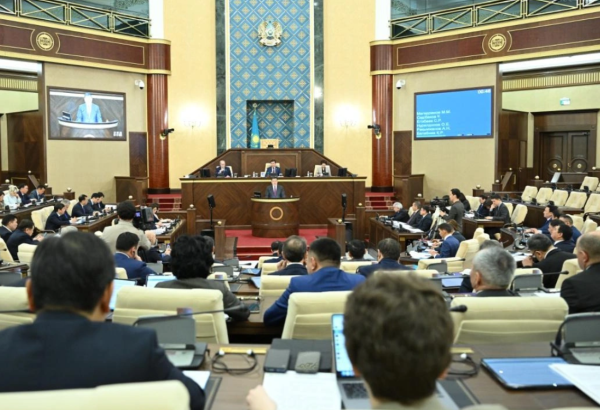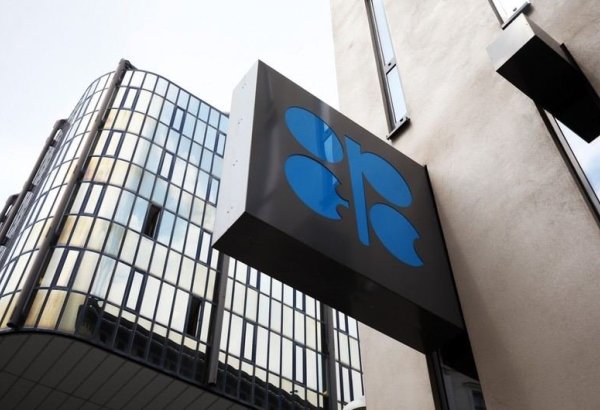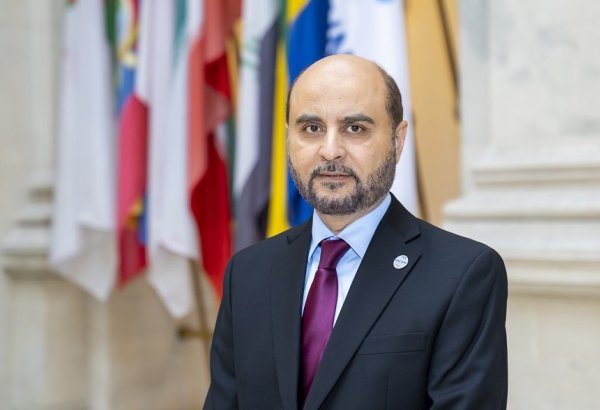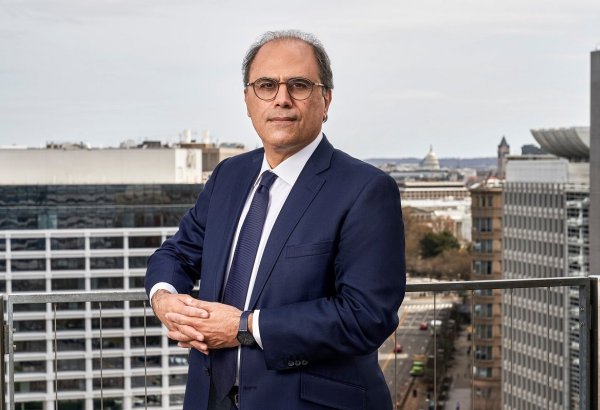BAKU. TurkicWorld :
The world demand for crude is expected to continue to grow for the next two decades, according to the OPEC oil cartel on Monday, despite mounting efforts to limit climate change, reports TurkicWorld with the reference to Daily Sabah.
In its 2023 annual report, the Organization of the Petroleum Exporting Countries (OPEC) forecasts demand for crude to reach 116 million barrels per day (mbd) by 2045 under its main scenario, a 16.5% increase from the 99.4 mbd in 2022.
The figure marks an increase of around 6 mbd from its estimate last year, with growth led by China, India, other Asian nations, and Africa and the Middle East.
Oil demand has "the potential to be even higher," said OPEC chief Haitham Al Ghais.
"What is clear is that the world will continue to need more energy in the decades to come," he emphasized in the forward to the report – which comes just eight weeks before the next U.N. climate conference, COP28, in Dubai.
At the conference, dozens of countries will try to impose the adoption of the objective of an end to the use of fossil fuels like oil, natural gas, and coal.
According to OPEC, whose 13 member states include Saudi Arabia, the Gulf states, and Venezuela, oil demand will be driven by emerging and developing nations, with India in pole position.
Meanwhile, it sees oil demand in the Organisation for Economic Co-operation and Development (OECD) club of advanced economies declining from 2025.
World demand in 2028 will reach 110.2 million bpd, OPEC said, up from 102 million bpd in 2023. It predicted oil use in 2027 would reach 109 million bpd, up from 106.9 million bpd estimated in 2022.
In 2020, OPEC made a shift when the pandemic hit oil demand, saying consumption would eventually slow after years of predicting ever-increasing use. It has started raising forecasts again as oil use has recovered.
While the 2022 version of OPEC's report anticipated global oil demand reaching a plateau after 2035, the latest outlook sees oil use rising by another 1.6 million bpd in the last 10 years of the forecast period.
By 2045, there will be 2.6 billion vehicles on the world's roads, a billion more than in 2022, OPEC forecast. Over 72% of them will be powered by a combustion engine despite electric vehicles being the fastest-growing segment, the report said.
In order to meet this demand, OPEC says additional investment in fossil fuel production will be needed, putting the figure at $14 trillion by 2045, or roughly $610 billion per year, up from $12.1 trillion estimated last year.
"It is vital that these are made; it is beneficial for both producers and consumers," said Al Ghais, a Kuwaiti oil executive.
"Calls to stop investments in new oil projects are misguided and could lead to energy and economic chaos," he warned, in criticism aimed at the International Energy Agency (IEA).
In 2021, the IEA surprised the world and shocked oil exporting nations by calling for a halt in new investment in fossil fuel production to attain carbon neutrality by 2050.
Investments 'lagging'
The IEA, which is part of the OECD, recently confirmed that it sees no new fossil fuel projects as necessary in the long term.
Last month, it forecasted for the first time that world demand for oil, gas, and coal will peak this decade, and drop by 24 mbd by 2050 due to spectacular growth of cleaner energy technologies and electric cars.
Meanwhile, OPEC says it takes a "realistic approach" in its main forecast scenario.
"What is clear is that a sustainable energy and economic future for all requires all energy sources, all relevant technologies, unprecedented investment and collaboration, and with energy security, economic development and reducing emissions going hand-in-hand," it said.
"There is no single solution to meet growing global energy needs," it added.
OPEC's view dovetails with that of the president of the upcoming COP28 climate talks, Sultan Al Jaber of the OPEC-member country United Arab Emirates.
"We cannot unplug the energy system of today before we build the new system of tomorrow," he said on Sunday.
Al Jaber believes that the world needs to start with a tripling of renewable energy production before beginning the transition away from fossil fuels.
OPEC meanwhile noted that while advanced nations have set targets for expanding renewable and nuclear power to meet their energy security and sustainability goals, "these ambitious targets increasingly stand at odds with realities on the ground."
It said the required investments to achieve these targets "are significantly lagging."
OPEC elaborated two additional forecast scenarios.
One assumes fast expansion of renewables which sees global oil demand roughly stabilizing at its current level for the next decade before beginning a slow decline.
The other sees countries putting a priority on economic growth, resulting in an increase in global oil demand of 6.3 mbd on top of the reference scenario.
OPEC also backed developing technological solutions to reduce emissions, such as carbon capture and storage. While the possibility of removing carbon from emissions appeals to industry, the technology is far from maturity.








